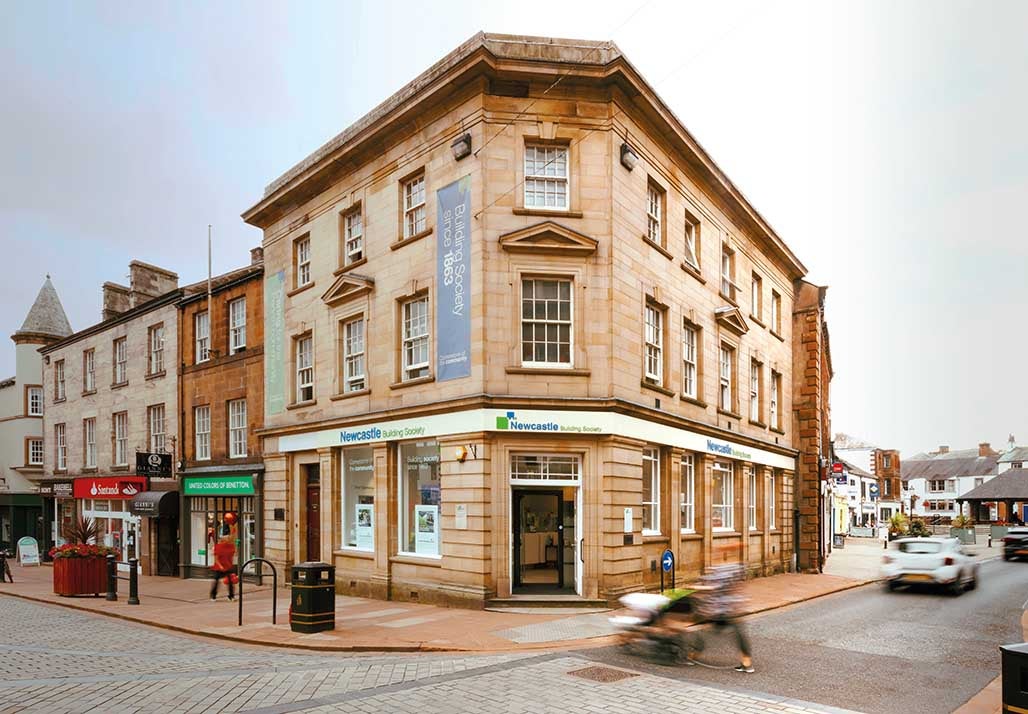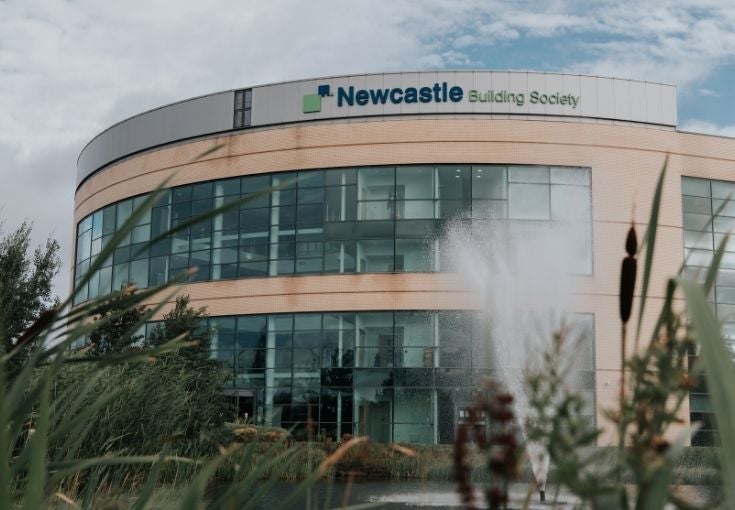There are many ways you can help protect yourself against fraudulent activity. Take a look at the below information to help protect yourself and your money.
Keeping your account and information safe
Banks, building societies or the police will never request that you move your funds for safety purposes, we advise you do not perform such transactions. They will also never ask you to share your passwords or PIN number over the phone.
Additional ways in which you can protect yourself from fraud include:
- Ensuring you use strong passwords. Strong passwords should include a mixture of characters (symbols, numbers, upper-case and lower-case letters) and avoid anything which can be easily guessed or that you use for other logins. Use a password manager if you struggle to remember multiple strong passwords.
- Make sure you enable Multi-Factor Authentication (MFA) where available, particularly on your email address as access to your emails make it easier for fraudsters and criminals to change information on other accounts.
- Shred or destroy documents which include your personal information before throwing them away.
- Do not store usernames and passwords in your email account.
- Be careful with who you share your personal information with and how much you share on social media platforms.
- Do not share login information with another person.
- Avoid clicking on links in suspicious or unexpected emails and messages. If you are unsure whether a communication has come from us, contact us and ask.
- If you receive a request to make a transaction from a person you know via message or email, speak to the person to ensure it is genuine before performing the transaction.
- Make sure your computer and other devices are up to date and protected with security programmes such as anti-virus software.
If you wish to speak to us for advice, have lost your passbook, suspect your information has been shared or have fraud concerns, visit our security and fraud prevention page, for the best ways to contact us.
How your account or information may become unsafe
Criminals will often want to know your personal data to help them commit fraud. They often do this through a process known as social engineering and it is often very sophisticated.
They may use websites, online services, phone calls or text messages pretending to be a company or a brand you recognise to trick you into handing over your personal details, money, or to download malicious software onto your computer or electronic device.
Fraudsters may contact you in different ways to get you to reveal account security information, such as usernames, passwords and memorable details, or your personal information. These contact methods may be by Phishing (email), Vishing (telephone call) and Smishing (SMS text message).
Fraudsters may attempt to compromise (hack) your device, such as your computer, laptop or mobile, that you use to access your bank or building society accounts. This includes a fraudster pretending to be from a bank or from a trusted company, contacting you to tell you there is a problem with your device and offering to take remote control of it to fix it. They then use this access to steal security or personal information stored on the device, or to access your online accounts to make payments without your permission.
Types of fraud and common scams
Understanding ways in which fraud can occur is one of the best ways to protect yourself from becoming a victim of fraud.
When someone misuses their authority or trust for personal gain or to cause harm to others, where they have access to accounts, information or money, and use this for their own benefit. This may include friends, family members, carers, Power of Attorneys or employees.
Fraudsters may pretend to be you to take control of your account and make unauthorised transactions. They may do this after contacting you and tricking you into telling them your account details or personal information.
Authorised push payment fraud, also known as APP fraud, involves a fraudster tricking their victim into sending funds to a fraudster. Fraudsters might take advantage of national or global events or crises to scam victims; previous examples have included:
- Covid-19 – sending fake NHS communications, such as emails or letters, offering Covid-19 vaccinations for upfront payments.
- Cost of living – tricking people who are facing financial difficulty into sending money to fraudsters with the belief they were getting discounted products/services or applying for Government support schemes.
- False charity donations – using events, such as natural disasters or war, to trick people into giving money to fake charity accounts.
Visit our authorised push payment fraud page for more information.
Fraudsters steal your personal information to impersonate you. They then use this to get products and services in your name, such as bank accounts, loans, credit cards, contracts.
Fraudsters may use cheque payments to receive funds that do not exist or belong to them.
There are three main ways a fraudulent cheque payment may occur, these are:
- Counterfeit – this cheque will have been created by the fraudster to look real.
- Altered – this cheque will have been changed in some way, such as the security features, payee or value.
- Forged – this is a stolen cheque and a false signature has been added.
Criminals may ask you, often by using social media, to help them move money through different bank accounts. This is often with a promise of “easy money”, a reward or keeping some of the money as payment. The money is often from illegal activity, and the criminals are wanting you to help them hide where the money has come from. Even if you did not know that the money you have helped move was from illegal activity, you may have committed a crime and can be prosecuted.
See our security and fraud prevention page, for further information on contacting us to report a scam or fraud.
If you believe you have been the victim of fraud, you should also report this to the Police. You may wish to check your credit file to understand if any fraudulent credit has been taken out in your name.
You can also report fraud to Report Fraud by calling 0300 123 2040 or visiting their website.




